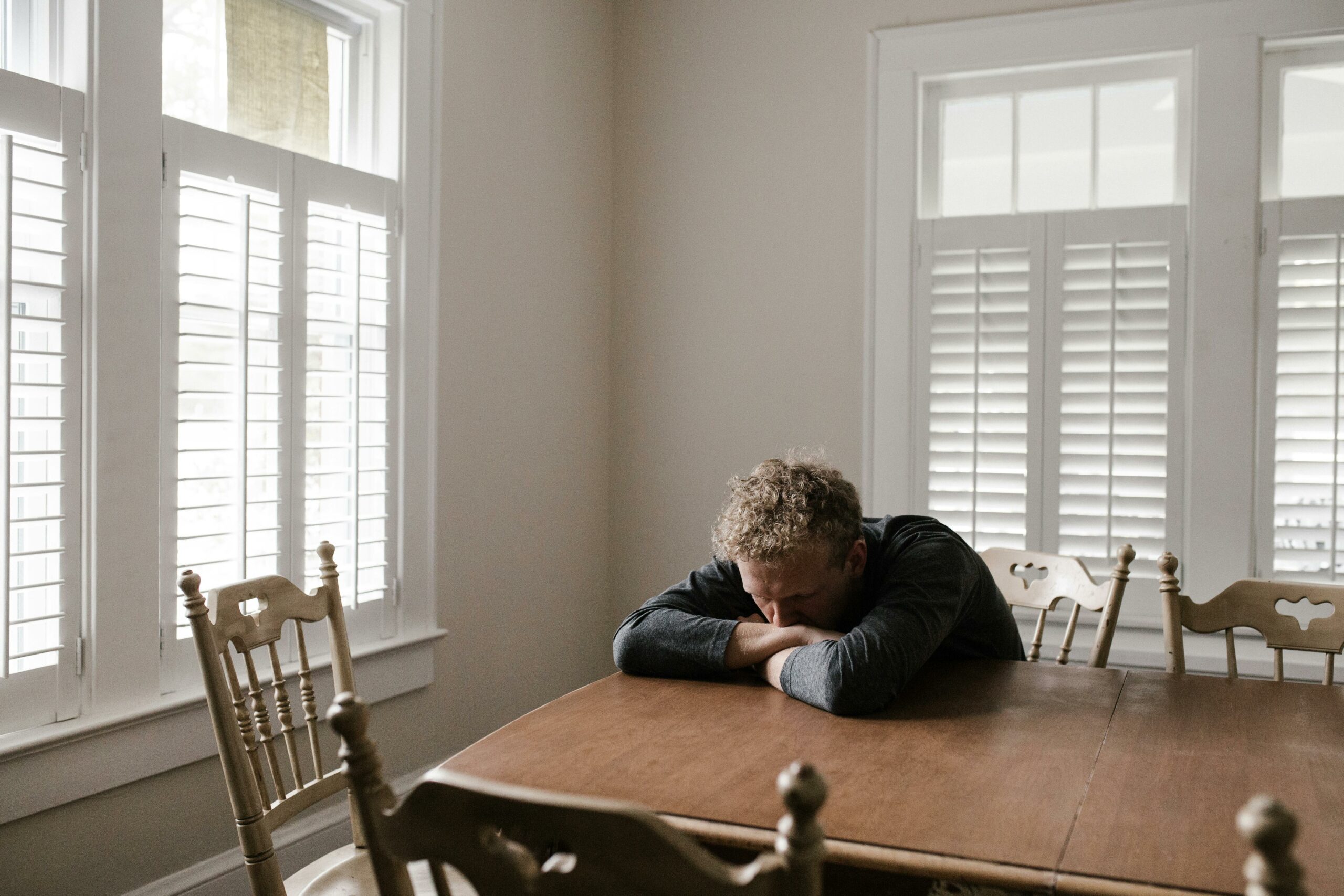Monkeypox, a disease previously uncommon in the US, has been spreading throughout the country in recent months. Monkeypox cases do not typically occur in the US, but there have been several cases reported in the past that have been associated with importing wildlife from regions where the disease is common, or international travel to those locations.
As of August 10, 2022, the Centers for Disease Control and Prevention reported a total of 10,392 confirmed monkeypox cases in the US, sparking increasing concerns about whether the disease should be considered a nationwide health threat. Xavier Becerra, the United States Health and Human Services Secretary, made an announcement on August 4, 2022, declaring the outbreak gripping the country a public health emergency.
The international outbreak has been a concern for longer, with several countries reporting cases of the disease despite no historical record of orthopoxvirus cases. The United Nations declared monkeypox a public health emergency of international concern on July 23, 2022, after several countries worldwide that have never had cases began reporting outbreaks.
The US Health Secretary’s declaration announcement followed similar decisions by health officials in New York, California, and Illinois, three states with the highest reported concentration of the outbreak. Other countries have also made announcements as around 70 countries reported cases where it has never historically spread.
Today’s post will highlight key facts you must understand about the monkeypox outbreak, clear a few misconceptions about this infectious disease and the necessary precautions nurses must take when caring for suspected or confirmed monkeypox patients.
What is Monkeypox?
Also called the orthopoxvirus, human monkeypox is a viral disease caused by the monkeypox virus, a microbe closely related to the smallpox virus. The first human monkeypox case was recorded in 1970, but it has never been considered a widespread concern until recently. The disease was considered a reemerging disease since it began causing localized outbreaks in different countries in 2017. The viral disease is now spreading rapidly across several countries worldwide, even in countries that have not historically had any cases.
What You Need to Know About the Virus
Monkeypox is a zoonotic disease occurring mostly in remote parts of central and west African countries close to rainforests. Animal-to-human transmission can happen if a person comes into direct contact with infected animals’ blood or bodily fluids. Human-to-human transmission can result from close contact with infected persons or through inhaling respiratory particles released by the infected.
The incubation period of the monkeypox virus has been widely reported to be six to 13 days, but it can range from five to 21 days. The infection leads to wide-ranging symptoms and complications, including:
- Rashes or skin lesions on the face, inside the mouth, feet, chest, and other body parts.
- The skin lesions might vary in size, appearing like blisters or pimples.
- Fevers
- Headaches
- Cough
- Sore throat
- Weakness
- Muscle and backaches
- Chills
- Exhaustion
Monkeypox virus is typically a self-limiting disease that resembles chickenpox and can run its course within a few weeks before resolving on its own. However, it is possible for some infected people to contend with health complications, including:
- Corneal infection and vision loss
- Abscess and airway obstruction
- Secondary infections
- Encephalitis
- Myocarditis
- Vision loss
- Acute kidney injury
- Sepsis
What is the Treatment for Monkeypox?
Monkeypox is a self-limiting disease that runs its course and resolves within a few weeks. Vaccination has been proven to be the most effective measure to curb the spread of the disease. Due to their similarities, smallpox vaccines have been slated as an effective method to vaccinate against the monkeypox virus.
The government is intensifying its efforts to protect at-risk communities from the outbreak. The antiviral medication called tecovirimat has been observed reducing the impact of the disease. The Department of Health and Human Services will act on data shared by all the states and jurisdictions to provide antiviral medicine and vaccines to the most-affected states and cities.
So far, the US Food and Drug Administration has only approved the Jynneos vaccine for its role in preventing monkeypox. The spike in global monkeypox cases has led to a vaccine shortage. The National Institute of Health (NIH) is currently studying whether smaller doses of the monkeypox vaccine might be effective. If it is, it could make the vaccine available to more people.
How Do You Catch the Disease?

Most reported cases have occurred among males who have sex with other males, which has led to the unfortunate misconception of monkeypox being a sexually transmitted disease. However, the virus can be transmitted via non-sexual close contact and other means.
Monkeypox can spread if a person infected with the virus comes into close contact with others. The virus can find its way into your body through the respiratory tract, eyes, nose, mouth, or broken skin.
The disease can also spread by contact with infected animals like rats, squirrels, and monkeys or by coming into contact with objects contaminated by the virus, including clothing and bedding.
What Protections Should Nurses and Other Healthcare Professionals Need to Care for Patients with Suspected or Confirmed Monkeypox?
The CDC has published detailed guidelines for healthcare professionals regarding caring for patients infected with the monkeypox virus.
Patients with suspected or confirmed monkeypox infection should be placed in single-person rooms, and the door should be kept closed if it’s safe to do so. Patients should be provided a dedicated bathroom, and transporting patients outside the room should ideally be limited to medically essential reasons.
Healthcare professionals caring for infected patients should use personal protective equipment (PPE), including gowns, gloves, goggles or face shields, and respirators or masks equipped with N95 filters.
Additionally, nurses and other healthcare professionals must follow strict waste management protocols for everything from handling to storing, treating, and disposing of patient dressings, soiled PPE, and more. The CDC has published guidelines for environmental infection control in healthcare facilities that outline proper measures healthcare professionals can use to control the outbreak in healthcare settings.
Nurses must stay updated with the latest developments and findings regarding the monkeypox outbreak. Expanding your knowledge by taking on online CEUs can help you become well-informed regarding various areas of your field, including the necessary measures to take during health crises like the ongoing outbreak.
Nursing continuing education courses like the ones available at Fast CE For Less at https://fastceforless.com/ce-courses-for-nursing/ can give you easy access to affordable continuing education courses that could be invaluable for you during these trying times.



